Is street medicine a cure for elitist healthcare?
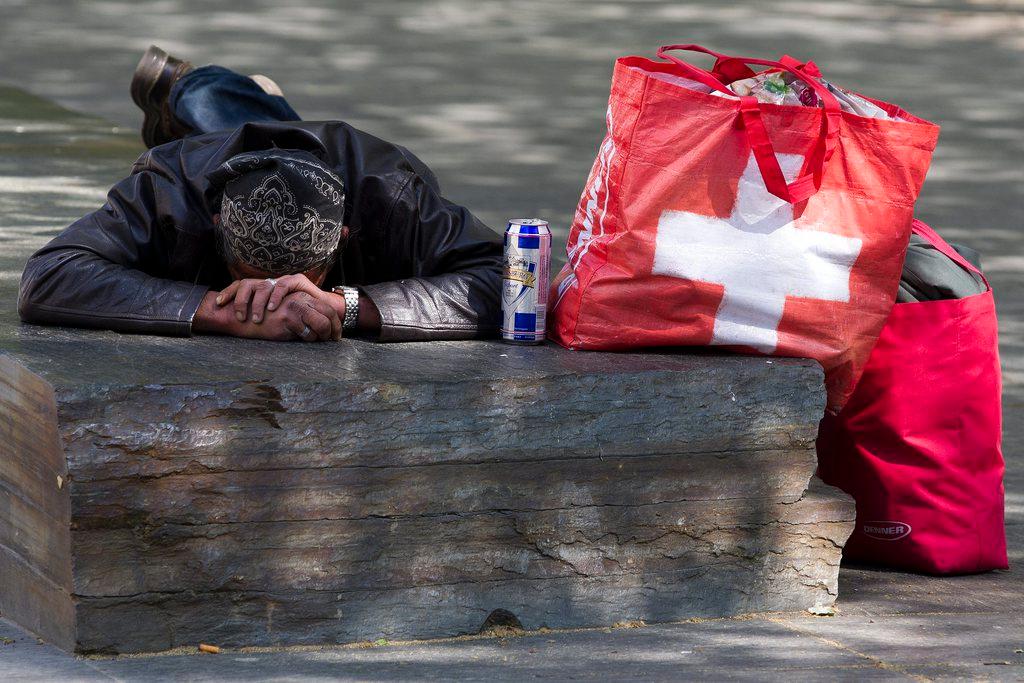
Can medical practices adapted for the poor help reduce costs in a country with one of the most expensive healthcare systems in the world?
It is almost freezing cold on a foggy December afternoon in Geneva. The waiting room at the Community Care UnitExternal link (CAMSCO) of the Geneva University Hospital is full of people wanting an appointment. Some have come more than an hour before opening time. Few mind waiting, as it is a chance to get away from the cold streets they call home. Some are homeless or clandestine migrants who otherwise have no chance of accessing Switzerland’s pricey health care system.
“The idea of this unit is to allow people who are reluctant to go to state health institutions or who do not have money to visit private health care providers to receive the care they need,” Yves-Laurent Jackson, head of the unit, told swissinfo.ch. “This includes people without residence permits or mandatory health insurance.”
Most of the underprivileged and marginalised patients are referred to the unit by homeless shelters, social workers or NGOs. However, according to Jackson around 20% of this needy population refuse to seek medical help and have to be treated on the streets by roving medical teams. In total, the unit sees around 4,500 patients a year.
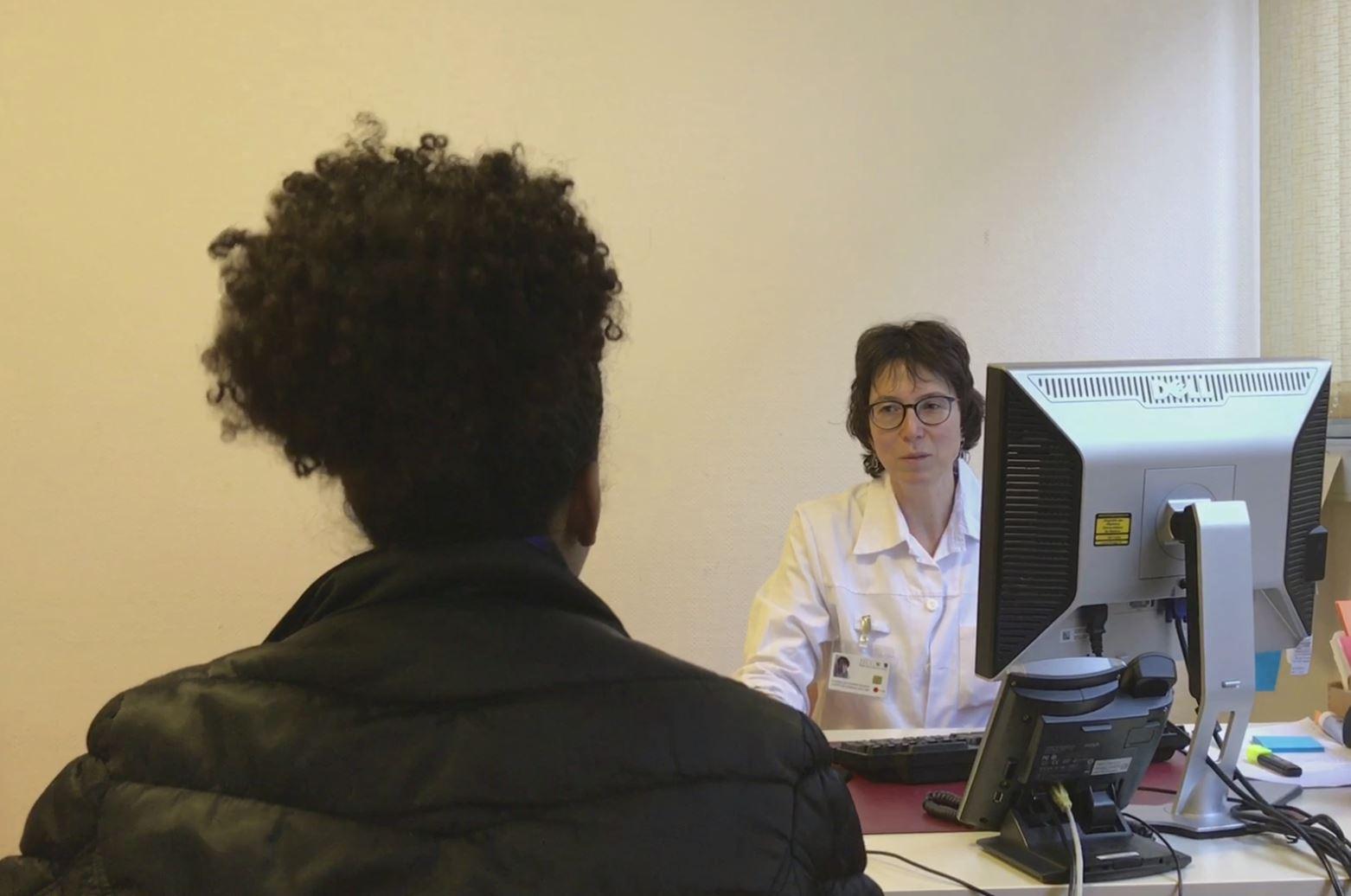
More
Healthcare for Geneva’s invisible residents
Lessons to offer
While street medicine is targeted at the under-served sections of society, it also holds important lessons for conventional medicine. According to Jackson, street medicine can help physicians think beyond drugs and lab tests and look at disease in a wider context. For example, a disease can evolve very differently depending on the patient’s social and financial circumstances. Thus any treatment must make sense and take into account the patient’s reality.
According to the Street Medicine InstituteExternal link, street medicine is “the provision of medical care directly to those living and sleeping on the streets through mobile services such as walking teams, medical vans and outdoor clinics. It is the first essential step in achieving higher levels of care through assertive, coordinated and collaborative medical management.”
The Institute organises an international street medicine symposium every year. The 12th such symposium was held in Geneva in October 2016.
Conventional medicine circles are paying heed. So far, around 90 doctors have been trained in social medicine practice at the Geneva Community Care Unit.
“Young doctors love to come here because they are exposed to a wide range of health issues and a more comprehensive system of healthcare. This is what general practitioners need to develop their skills,” says Jackson.
Another aspect street medicine is good at is collaboration. Doctors are not equipped to deal with the complexity of social medicine alone, says Jackson. It requires an understanding of how social and economic conditions affect health and disease. Street medicine is a good example of inter-professional cooperation between nurses, physiotherapists, social workers and NGOs. What happens outside the clinic is as important as what happens inside.
Cost is another area for improvement. The Swiss health minister recently claimed that around CHF250 million ($245.4 million) in health costs are totally unjustified, owing to unnecessary treatments. This is where lessons can be learned from street medicine, where every Swiss franc counts. One such cost-effective practice is screening patients before a doctor is available to see them. This prevents delays in addressing health problems, which could end up becoming more complicated, costly to treat and resource demanding.
“Well-trained nurses can do a lot of frontline like work like identifying and treating common diseases. We will need more non-medical health professionals to work as gatekeepers to specialised services,” says Jackson.
Indian inspiration
Jackson’s interest in street medicine began during a visit to India when he was 18 years old. He was inspired by one of the pioneers of street medicine Jack Preger, whom he met in the eastern Indian city of Kolkata while volunteering there. He helped Preger in administering to the needs of leprosy and tuberculosis patients living on the streets.
The 86-year-old Englishman, is still working in the streets of his adopted Indian city and serving the poor through the foundation Calcutta Rescue.
“I was impressed by Preger’s vision of health as being part of wide range of activities. To him, education and income generation were as important as receiving antibiotics,” says Jackson.
Thanks to his Indian experience, Jackson discovered the difference between medicine and health. However, unlike in India, caring for the marginalised is not just left to charities and good Samaritans in Switzerland. Street medicine is a part of the mainstream health system in the country, with access to government funding and infrastructure.
“Street medicine is still a very marginalised branch that attracts much less resources than conventional medicine. Yet, there is a growing acknowledgement that the needs of the whole population have to be addressed,” says Jackson.
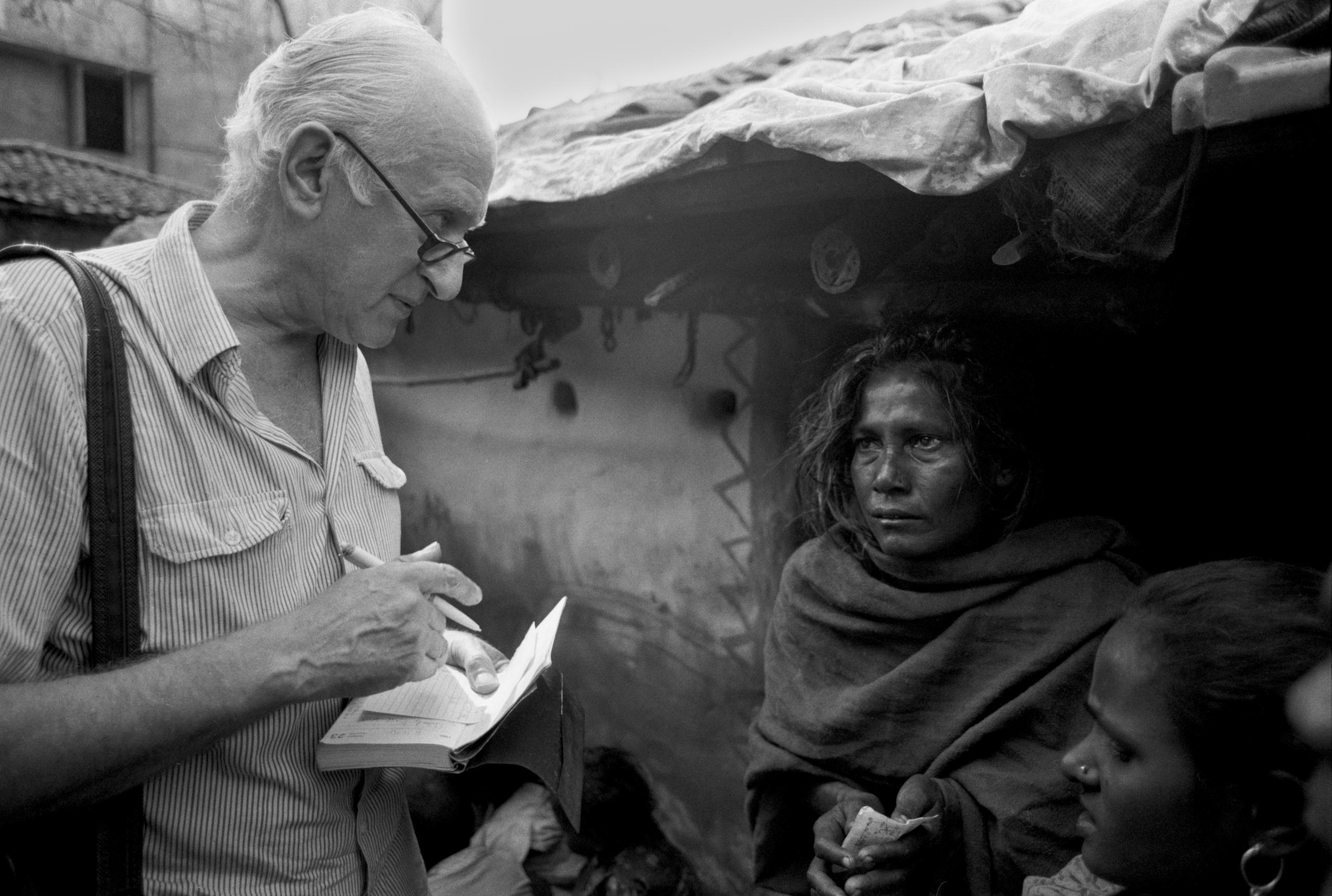
More
Homage to the father of street medicine

In compliance with the JTI standards
More: SWI swissinfo.ch certified by the Journalism Trust Initiative
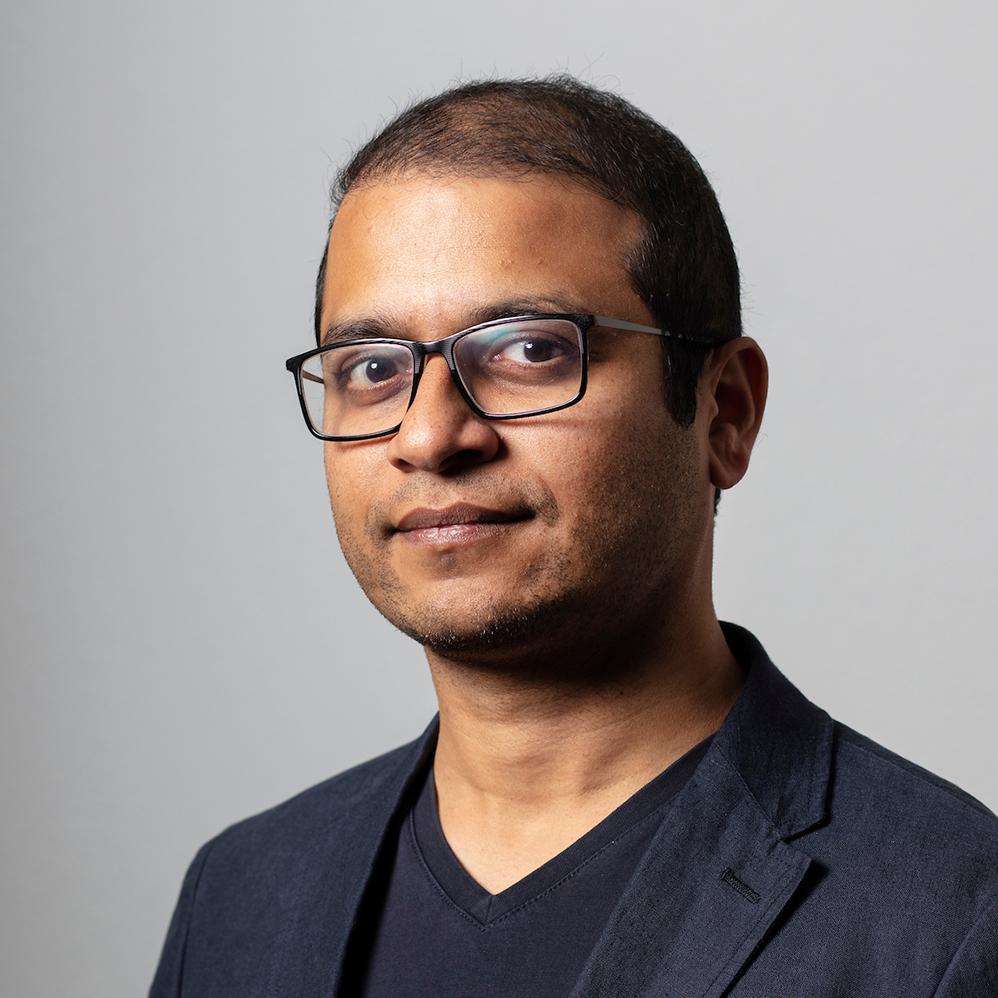


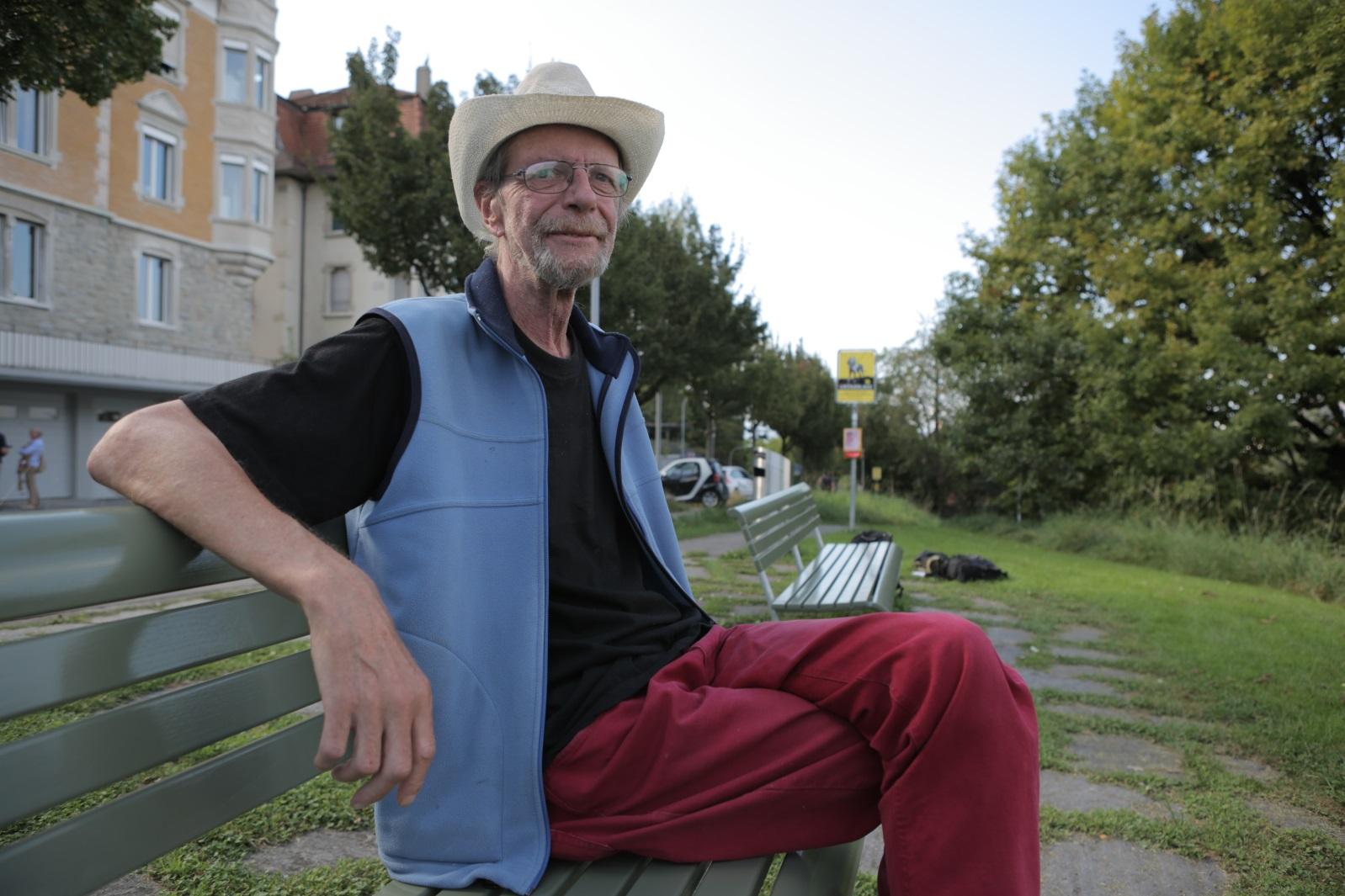
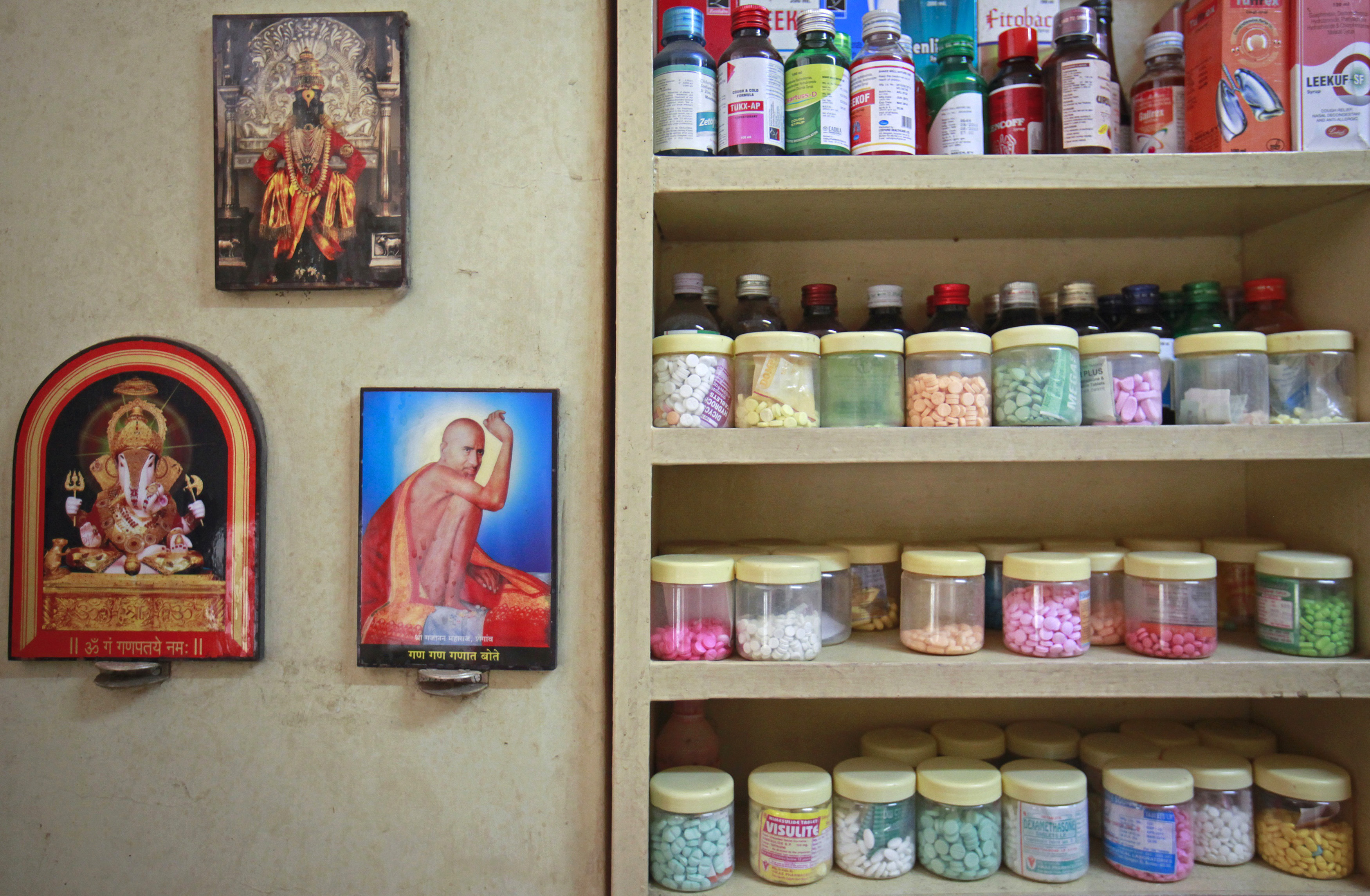
You can find an overview of ongoing debates with our journalists here. Please join us!
If you want to start a conversation about a topic raised in this article or want to report factual errors, email us at english@swissinfo.ch.